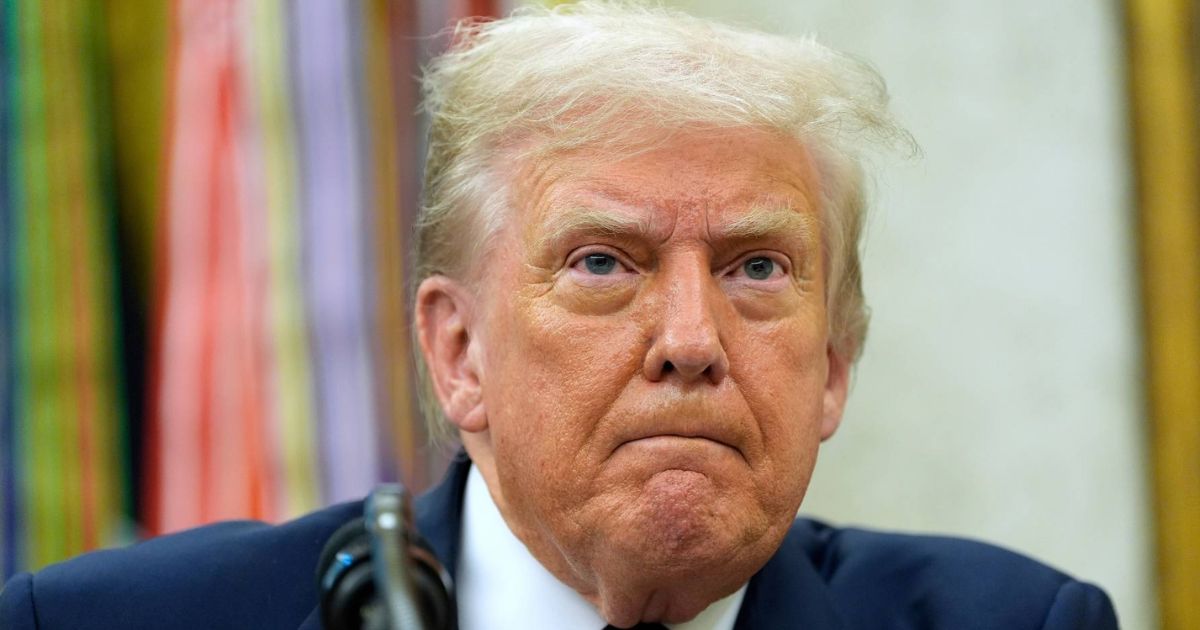A former Defense Department special counsel didn’t mince words after President Donald Trump announced a lethal U.S. military strike on a boat in international waters off Venezuela that killed 11 people. Ryan Goodman, now an NYU law professor, said it was “hard to see how this would not be ‘murder’ or a war crime under international law,” pointing to long-standing Pentagon views on the use of lethal force outside armed conflict.
Trump said the vessel was believed to be ferrying narcotics toward the United States and posted strike footage to social media, calling the targets members of Venezuela’s Tren de Aragua gang. The administration said the attack happened in international waters, a major escalation from typical Coast Guard interdictions that end in arrests and seizures rather than obliteration.
1/ I worked at DoD. I literally cannot imagine lawyers coming up with a legal basis for lethal strike of suspected Venezuelan drug boat.
Hard to see how this would not be “murder” or war crime under international law that DoD considers applicable.
Read this expert analysis⤵️ pic.twitter.com/eJ1cmxR7LF
— Ryan Goodman (@rgoodlaw) September 3, 2025
Secretary of State Marco Rubio openly framed the operation as deterrence through shock. “Interdiction doesn’t work,” he told reporters, adding, “What will stop them is when you blow them up.” He also signaled more hits could follow: “It will happen again.” Those remarks ignited a legal debate as critics argued that the quote undermines any claim that the strike was necessary to neutralize an imminent threat.
Goodman laid out his case in a scorching thread, amplifying a deeper analysis by former State Department lawyer Brian Finucane at Just Security. Goodman argued he “literally cannot imagine lawyers” blessing a lethal strike on a suspected drug boat under applicable international law, a view that, if the law of armed conflict does apply, could even trigger the U.S. War Crimes Act’s prohibition on murder.
Drugs / Cartels
We just, over the last few minutes, shot out a drug-carrying boat… and there’s more where that came from… These came out of Venezuela.pic.twitter.com/gfAvws0WFd
— Biff Smallberries (@B_Smallberries) September 2, 2025
Finucane’s write-up drives the legal stake further. He notes the administration’s preferred theories, treating Tren de Aragua like a foreign terrorist group in a war paradigm, or invoking broad presidential Article II powers, don’t obviously fit. Drug trafficking, he argues, isn’t an “armed attack” justifying self-defense under the U.N. Charter, and the law of war allows status-based targeting of fighters, not civilians moving contraband. He adds that DoD’s own references to customary international law recognize murder as prohibited extraterritorially, underscoring potential exposure under the War Crimes Act.
Inside the government, officials floated familiar legal hooks, including the post-9/11 Authorization for Use of Military Force and commander-in-chief authority. But experts say neither cleanly covers a high-seas missile strike on suspected smugglers tied to a gang the U.S. isn’t at war with. That mismatch, paired with the fact that standard maritime drug stings are law-enforcement operations, explains why lawyers across the spectrum are calling this move unprecedented and legally shaky.
US military kills 11 in strike on drug boat tied to a Venezuelan cartel. Trump administration’s war on drugs just escalated into direct military action in Latin America.
Venezuela is not controlled by a government; it has been taken over by a narco-terrorist cartel, El Cartel… pic.twitter.com/gOzXzUmcW5
— Ingrid McKenzie (@IngridKellaghan) September 2, 2025
Abroad, the blowback was immediate. Regional leaders warned that the attack risks normalizing extrajudicial killings and stoking a broader confrontation with Caracas. Colombia’s president called it “murder,” while rights advocates said the U.S. should have attempted a stop-and-seize rather than a kill shot. The administration, meanwhile, cast the strike as a message to traffickers and to Venezuela’s Maduro, insisting the targets were “narco-terrorists.”
Strategically, this looks less like a one-off than a doctrine. Rubio and Pentagon leaders have hinted more strikes are coming, and U.S. naval deployments in the Caribbean have surged. That prospect worries legal scholars who see a slippery slope: once you swap interdictions for explosions, you’re not just changing tactics, you’re redrawing the boundary between policing crime and waging war.










Anyone that is applauding this act are dumb as rocks. Yes, Drug boats are bad, Drugs are bad, Drug Dealers are bad, but there are Laws that Countries have/ should follow concerning Acts of War. Unfortunately, Trump being a total moron most likely just committed Murder in International Waters, which could/should be a War Crime. The United States should be better than this but we have an Orange Bufoon in charge.